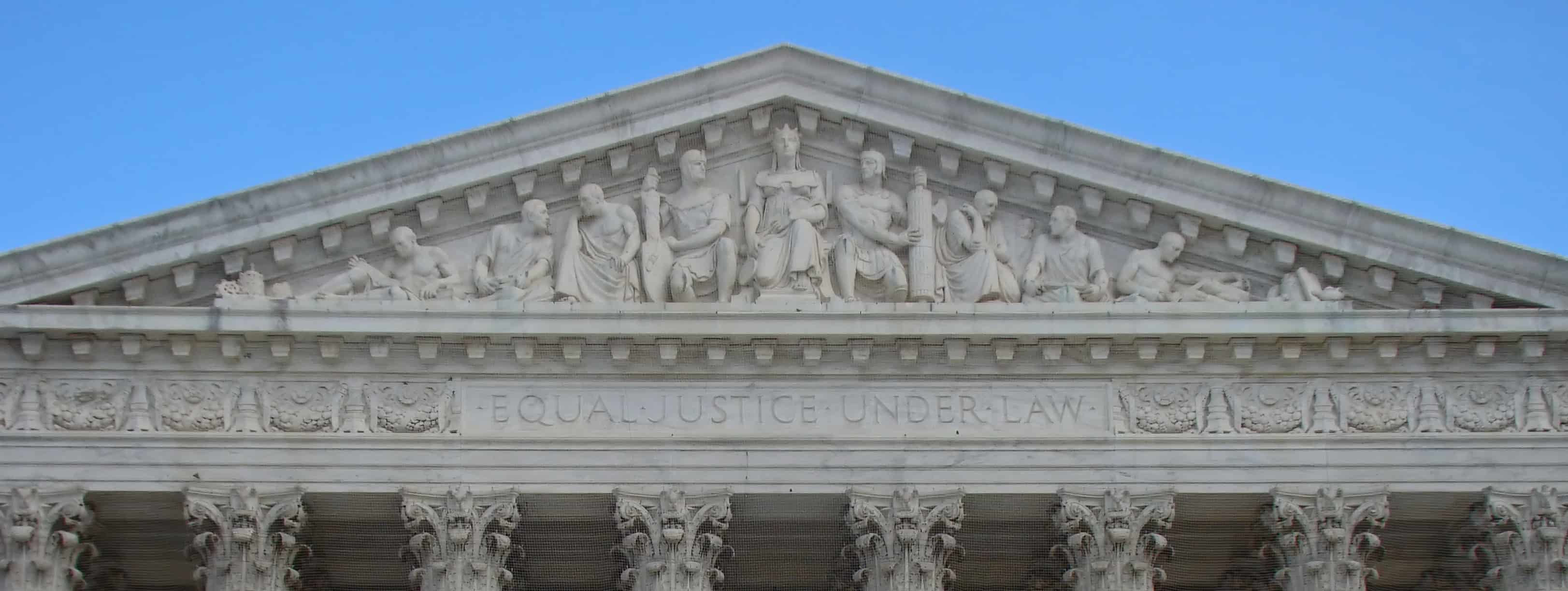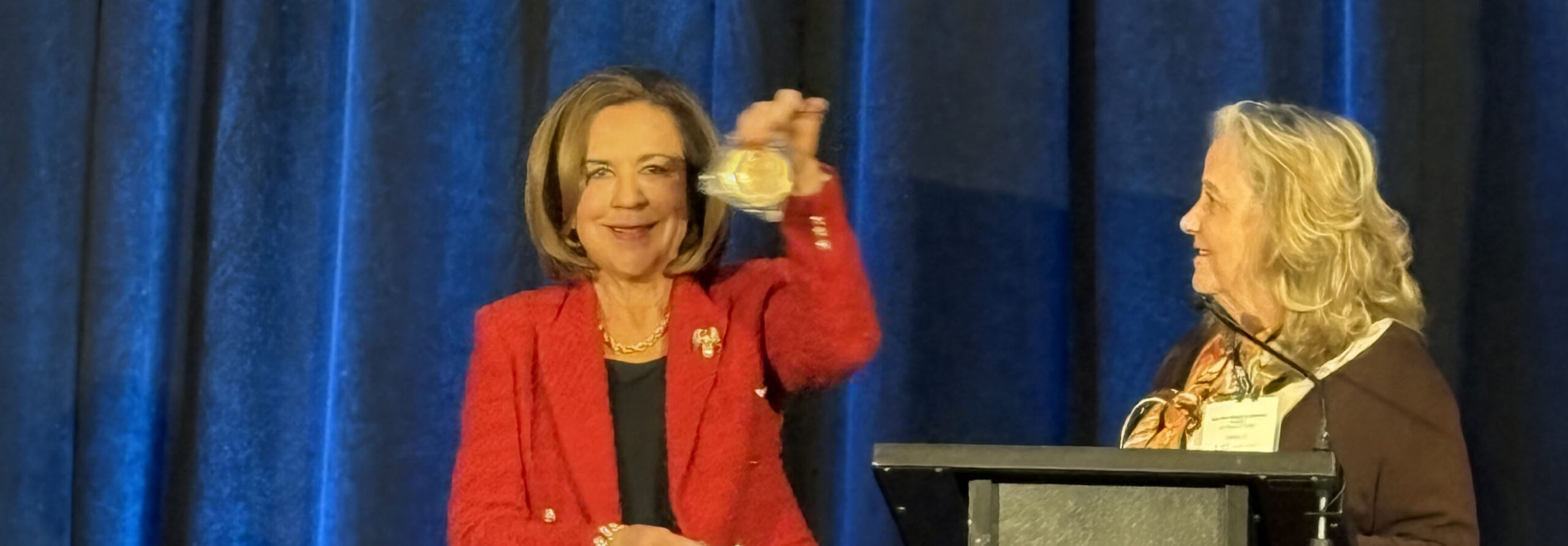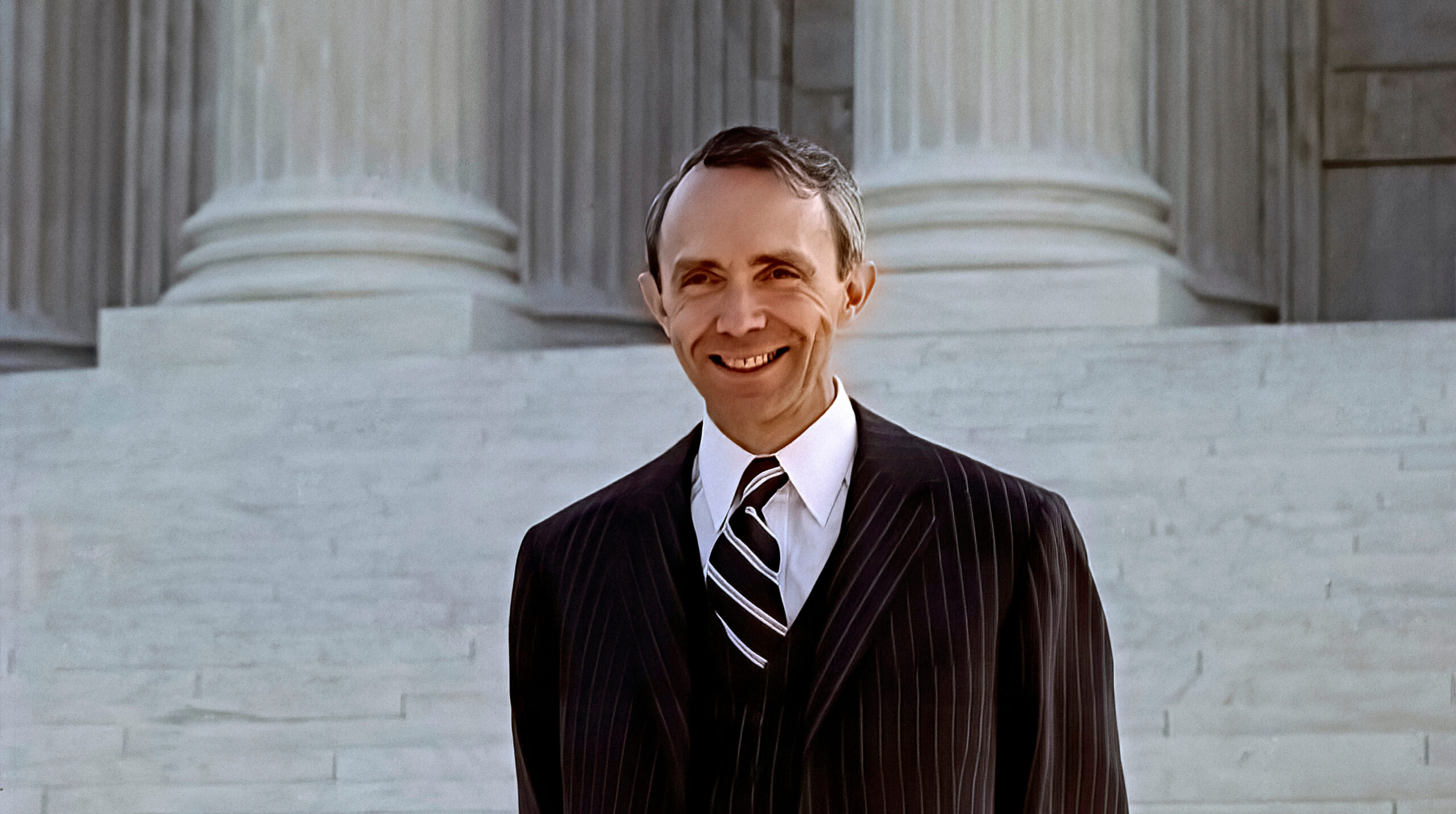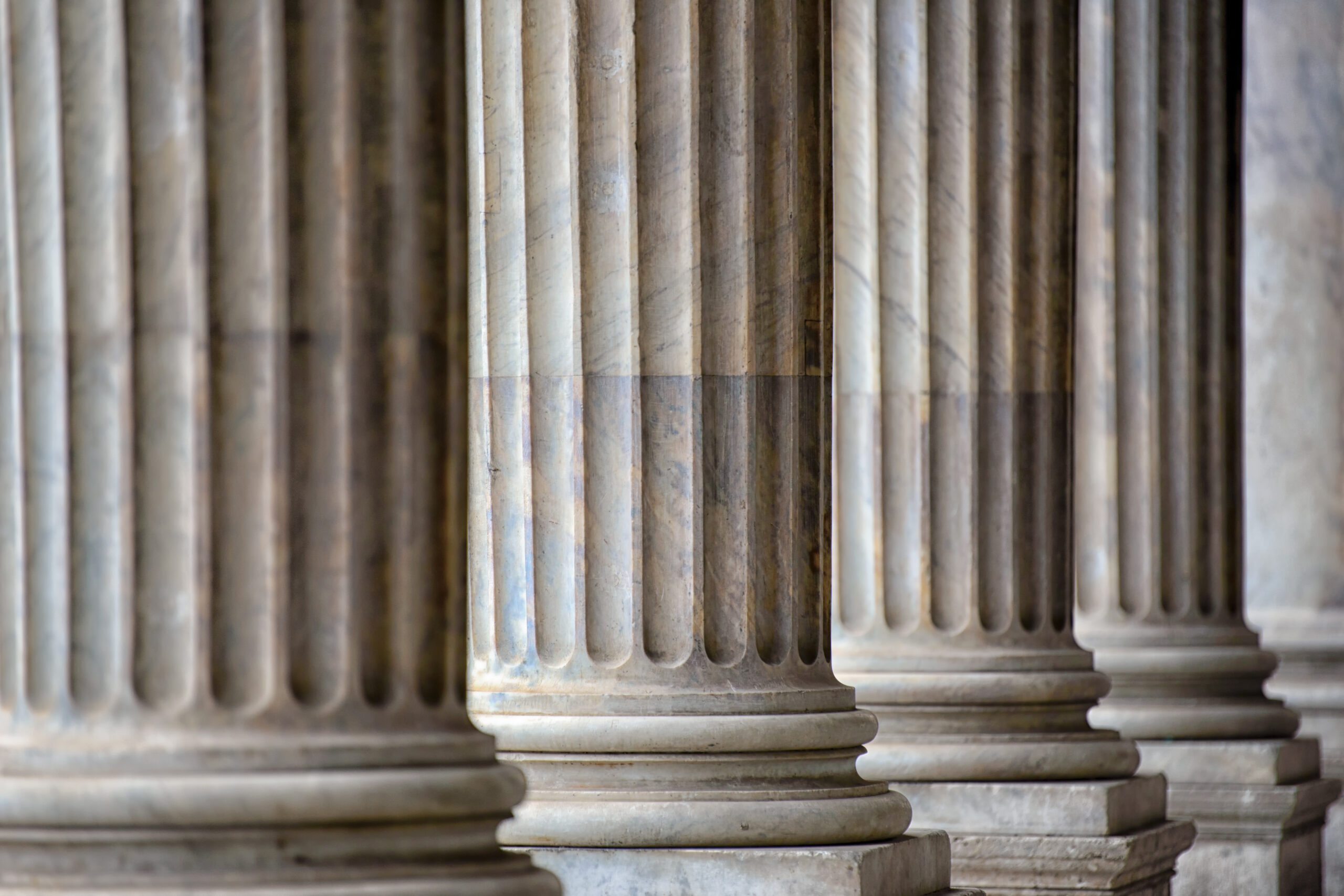
By Anna-Leigh Firth
Our U.S.-history-themed Question of the Month for July – emailed just before the July 4th holiday – asked NJC alumni whom they consider to be the all-time most consequential chief justice of the United States.
Respondents could vote for up to three chief justices, and the 377 judges who participated cast 842 total votes.
Many, if not most, legal historians consider the fourth and longest-serving chief justice, John Marshall, to have been the most impactful because he wrote the majority opinion in Marbury v. Madison (1803), which established the supremacy of the high court in matters of constitutionality. But Marshall finished a close second in our poll with 263 votes.
The leading vote getter, with 271, was Earl Warren, who wrote the majority opinion in the landmark civil rights case of Brown v. Board of Education (1954).
“It is sometimes hard for me to fathom the scope of the advancement of civil liberties during his leadership,” commented one judge, anonymously, as was most often the case among those leaving comments.
Another praised Warren by saying he was “appointed for political reasons, as they all are, but turned out to be truly devoted to the law and not the politics.”
Many Marshall backers pointed to Marbury v. Madison’s establishment of the principle of judicial review. One judge called the decision “an important, if not the most important, decision regarding the role of the courts under our Constitution.”
Third place in the poll, with 81 votes, went to Warren Burger, who succeeded Earl Warren in 1969 and led the court until 1986.
The Burger Court delivered landmark decisions regarding abortion (Roe v. Wade, 1973), capital punishment (Furman v. Georgia, 1972, and Gregg v. Georgia, 1976), religious establishment (Lemon v. Kurtzman, 1971) and school desegregation (Swann v. Charlotte-Mecklenburg Board of Education, 1971).
Burger also wrote for the majority in United States v. Nixon, which rejected President Richard Nixon’s invocation of executive privilege during the Watergate scandal.
Other chief justices who received votes were: William Rehnquist (75), John Jay (49), John Roberts (25), Roger Taney (22), William H. Taft (19), Charles E. Hughes (14), Harlan F. Stone (8), Salmon P. Chase (6), Frederick M. Vinson (3) and John Rutledge (2). Oliver Ellsworth, Morrison R. Waite, and Edward D. White received one vote each.
Only one of the 17 chiefs, Melville Fuller, who led the court from 1888 to 1910, received no votes.
Don’t forget the associates
Some respondents objected to our asking about only the chief justices and not the associate justices.
“Thurgood Marshall and William Brennan should be on this list,” commented Jacqueline Jones, hearing officer for the California Occupational Safety and Health Appeals Board.
Other voters recommended Oliver Wendell Holmes, Louis Brandeis, Benjamin Cardozo and “female justices.”
* Each month the College emails an informal, non-scientific one-question survey to its more than 12,000 judicial alumni in the United States and abroad. The results, summarized in the NJC’s Judicial Edge Today, are not intended to be characterized as conclusive research findings.

The National Judicial College has awarded Missouri Supreme Court Judge Mary Russell with the Sandra Day O�...

Emeritus Trustee Bill Neukom (left) with former Board of Trustee Chair Edward Blumberg (right) at the NJC 60...

The National Judicial College, the nation’s premier institution for judicial education, announced today t...

The National Judicial College (NJC) is mourning the loss of one of its most prestigious alumni, retired Uni...

As threats to judicial independence intensify across the country, the National Judicial College (NJC) today...